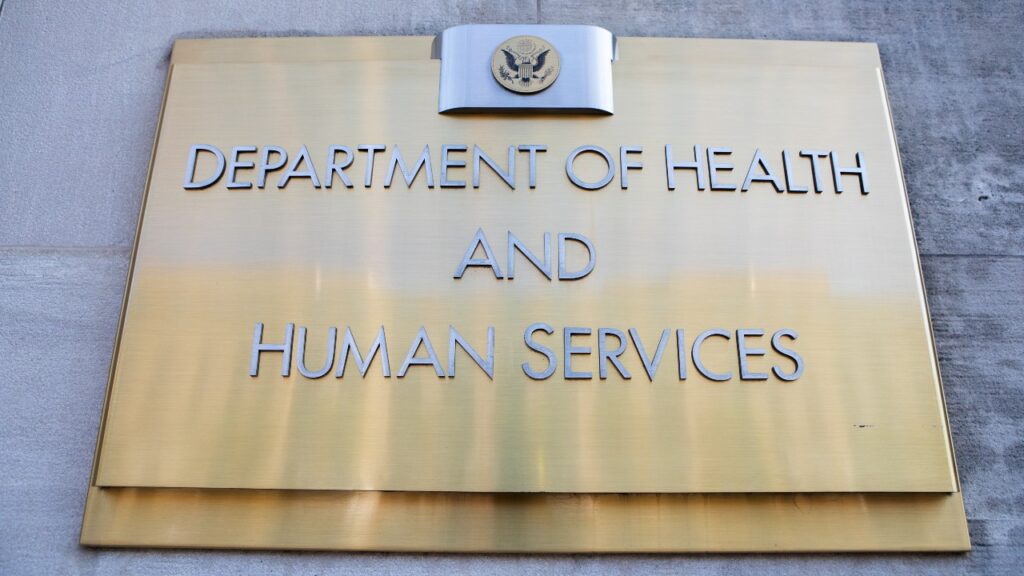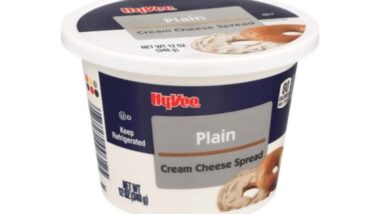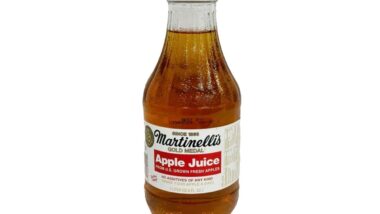Top Class Actions’s website and social media posts use affiliate links. If you make a purchase using such links, we may receive a commission, but it will not result in any additional charges to you. Please review our Affiliate Link Disclosure for more information.

Drug price negotiation overview:
- Who: Medicare announced the first 10 drugs that will be part of its new drug price negotiation program.
- Why: Medicare created the program to create long-term price stability for the program and create financial relief for millions on Medicare.
- Where: The drug prices announcement came from Medicare’s Washington, D.C., office.
Medicare has announced the first 10 drugs that will be part of its new drug price negotiation program.
The drug prices program will include Eliquis, Jardiance, Xarelto, Januvia, Farxiga, Entresto, Enbrel, Imbruvica, Stelara and Fiasp. The program is designed to lower drug costs and create long-term price stability and financial relief for the millions on medicare.
“The law provides Medicare the ability to directly negotiate the prices of certain high expenditure, single source drugs without generic or biosimilar competition,” the Medicare drug price negotiation announcement said.
The first year the negotiated prices will be used is 2026. The drugs have a wide range of uses and popularity, the most popular being Eliquis, a blood clot prevention and treatment drug, at a cost of $16.5 billion between June 2022 and May 2023; 3.7 million people use the medication.
Imbruvica, used to treat blood cancers, is used by 20,000 Medicare recipients, for $2.7 billion, while Stelara is a psoriasis medication used by 22,000, for $2.6 billion.
The other most popular drugs are Jardiance, used by 1.6 million to treat diabetes and heart failure, while 1.3 million use Xarelto for the prevention and treatment of blood clots.
CMS issued new rules in March on how drug price negotiation process would work
The Centers for Medicaid and Medicare Services issued guidance in March on the rules for the new program.
“CMS is approaching implementation of the new drug law, including the Medicare Drug Price Negotiation Program, with the goal of promoting transparency and engagement,” the drug price negotiation explainer said. “As discussed in detail in the revised guidance, CMS set out a process for the first round of negotiations that engages drug companies and the public throughout.”
Earlier this year, a Pennsylvania federal judge signed off on a settlement to end price-fixing claims from direct purchasers against Sun Pharmaceutical Industries Inc. and Taro Pharmaceutical Industries USA Inc.
Do you take any of the 10 drugs that Medicare plans to negotiate on? Let us know in the comments.
Don’t Miss Out!
Check out our list of Class Action Lawsuits and Class Action Settlements you may qualify to join!
Read About More Class Action Lawsuits & Class Action Settlements:














